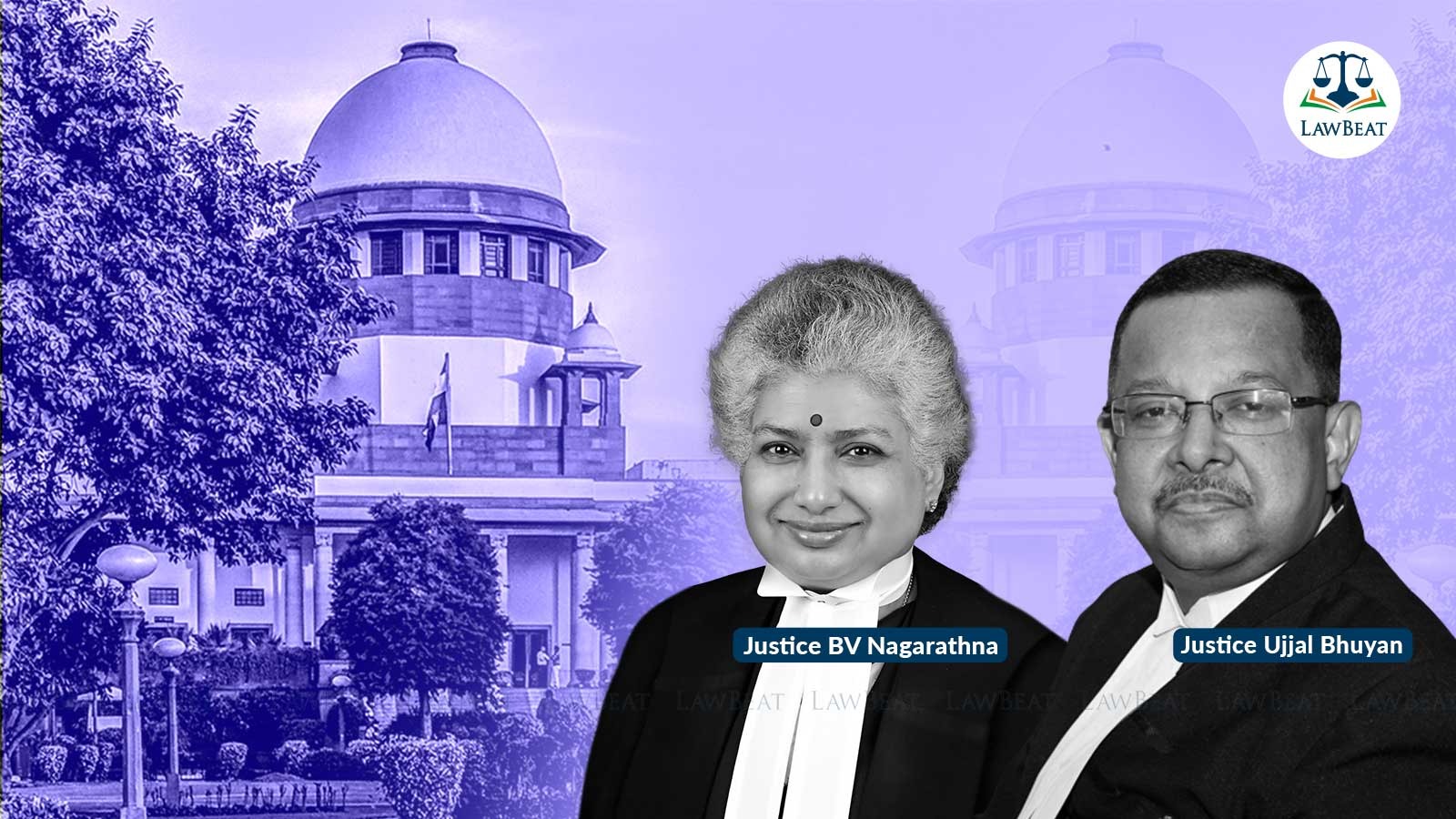Supreme Court declines plea to amend its anti-sexual harassment regulations to include LGBTQIA+ members

"We are of the view that it would be inappropriate to direct the amendments to be made to the 2013 regulations as otherwise the whole purpose and object of the said regulations would be diluted and denuded of its effect," the bench added.
The Supreme Court on November 7, 2023 declined to consider a plea to enlarge scope of the 2013 Supreme Court regulations meant to redress grievance of sexual harassment of aggrieved women, to include LGBTQIA+ communities.
"We feel that the focus will be lost from the principal objective i.e., prevention of sexual harassment of women at the Supreme Court of India, if such amendments to the regulations which were framed following enactment of the Sexual Harassment of Women at Workplace (Prevention, Prohibition and Redressal) Act, 2013 are made," a bench of Justices BV Nagarathna and Ujjal Bhuyan said.
Court has said that the existing regulations are in order to protect an ‘aggrieved woman’ in the workplace i.e. the Supreme Court of India.
These Regulations were formulated having regard to the clause 3 of Article 15 of the Constitution of India and in order to extend the constitutional right of equality and equal protection of the laws as enshrined in Article 14 of the Constitution, the court said.
"If a person other than an ‘aggrieved woman’ is subjected to sexual harassment and there is no body of regulations to extend protection to such a person and a question arises regarding the manner in which such a protection could be extended, in our view, the answer does not lie by amending the existing regulations," it added.
Appearing in person, Senior Advocate Vibha Datta Makhija contended the references to 'aggrieved woman' in the regulations should be supplanted by 'aggrieved person' to reflect gender neutral protection.
Makhija added that in view of the subsequent development of law and recognition of the constitutional rights of other persons such as LGBTQIA+ persons, the regulations are wholly inadequate to cover such persons and their grievances, including harassment in the workplace, that is, the Supreme Court of India which cannot be remedied under the existing body of regulations.
The petitioners, including Advocate Binu Tamta, also relied upon the Supreme Court's judgment in case of 'National Legal Services Authority (NALSA) vs Union of India' (2014).
Refusing the plea, the bench referred to the itss judgement in the case of 'State of Jammu & Kashmir vs A R Zakki' (1992) wherein it was observed that a writ of mandamus cannot be issued to the legislature to enact a particular legislation.
"Same is true as regards the executive when it exercises the power to make rules, which are in the nature of subordinate legislation," the bench said.
The court also relied upon the observations in 'Union of India vs K Pushpavanam' (2023) wherein it was held that a writ court would not direct the government to consider introducing a particular bill before the House of Legislature within a time frame. Therefore, a Constitutional Court would not issue a writ of mandamus to a legislature or to a rule making body to enact a law on a particular subject and in a particular manner.
As the court was not inclined to consider the plea, the petitioner sought permission to withdraw the application to make a representation to the Gender Sensitization Committee of the Supreme Court for formulation of another body of regulations to cover persons belonging to the LGBTQIA+ Communities for their protection from sexual harassment in the workplace i.e. Supreme Court of India.
The court, thus, dismissed the application as withdrawn.
Case Title: BINU TAMTA & ANR. vs. HIGH COURT OF DELHI & ORS
